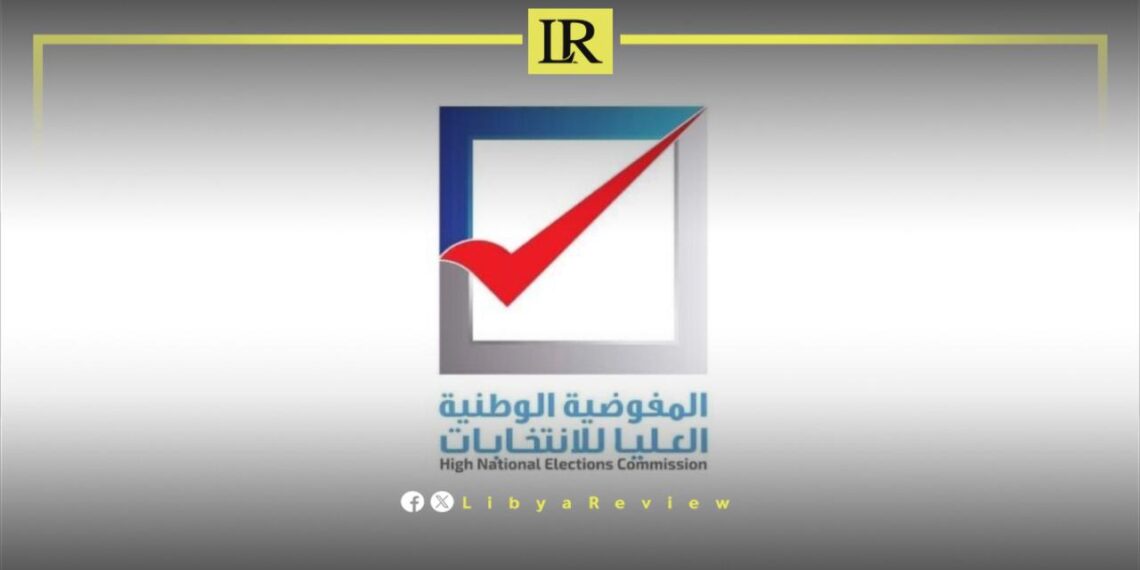On Wednesday, Libya’s High National Election Commission (HNEC) officially announced the opening of candidacy applications for the upcoming municipal council elections, set to begin on Sunday, August 18, 2024. This development marks a significant milestone in Libya’s efforts to strengthen local governance and ensure citizen participation at the grassroots level.
In a statement, the HNEC confirmed that it has successfully completed the crucial phases of voter registration and the resolution of legal challenges. These steps were carried out according to the scheduled timeline, bringing the country closer to a pivotal moment in its ongoing electoral process. With these foundational tasks complete, the focus now shifts to the distribution of voter cards, a critical step before the elections take place.
The Commission has urged all eligible voters whose names appear on the final voter list to visit their designated polling centers to collect their new voter cards. It’s important to note that these cards are specifically for the municipal council elections and are distinct from those issued for the 2021 presidential and parliamentary elections.
In addition to this, the HNEC has called on citizens interested in running for municipal council positions to review the candidacy guidelines provided by the Commission. Prospective candidates are encouraged to familiarize themselves with the electoral mechanisms and the detailed regulations outlined in the executive bylaw. The Commission emphasized the importance of ensuring that all submitted documents are accurate and complete, as they will be rigorously examined by the relevant branches and offices within the targeted municipalities.
Furthermore, the Electoral Commission made it clear that it will collaborate with various state institutions to verify the authenticity of the documents submitted by candidates. The Commission is committed to maintaining the integrity of the electoral process and will not hesitate to disqualify any application that fails to meet the established criteria as set out in Chapter Five of the executive bylaw.
The HNEC expressed its appreciation to everyone involved in the successful completion of the voter registration and legal challenge phases. The Commission highlighted the collective efforts that have been made to ensure the success of these elections, which are critical for empowering citizens to decide who will manage their local municipalities. These elections are seen as a vital opportunity to address local needs, enhance development, and strengthen the foundations of local governance in Libya.
Libya’s municipal council elections represent a crucial step in the country’s broader efforts to decentralize governance and improve public services at the local level. As the country continues to navigate complex political and economic challenges, these elections provide an opportunity for Libyans to engage directly in the governance of their communities.


